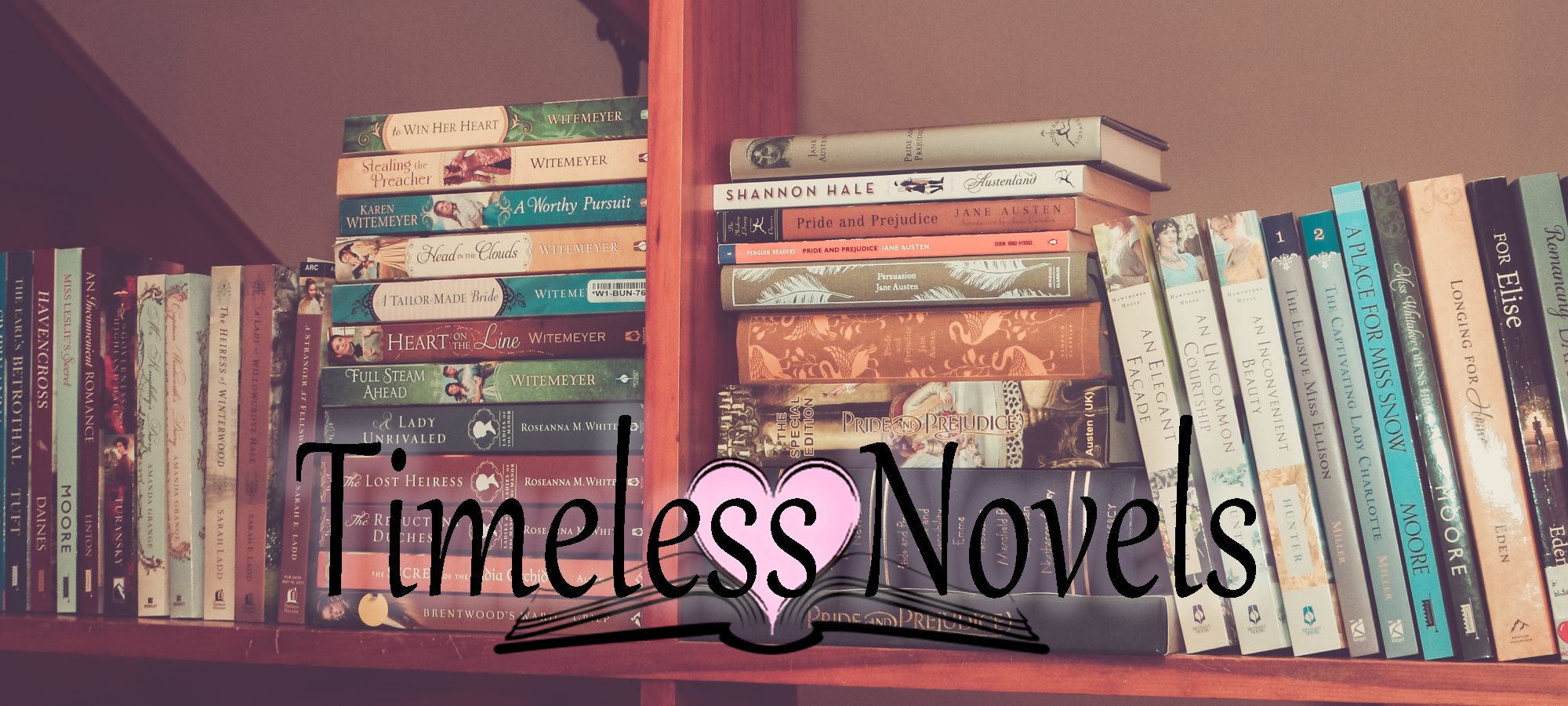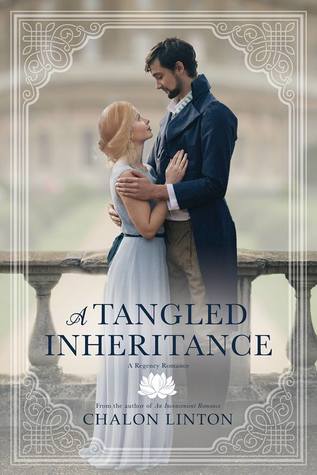

by Chalon Linton
Paperback: 208 pages
Publisher: Covenant Communications, Inc. (February 3, 2020)
Language: English
ISBN-10: 1524411515
ISBN-13: 978-1524411510
Purchase from Amazon
Captain Robert Wilkins has never aspired to grandeur. So when the returned war hero unexpectedly inherits the vast estate of Cattersley from his great-aunt, he feels woefully inadequate in his new role. Out of place in his lavish surroundings, his first glimmer of hope comes when he happens upon a lovely trespasser in his gardens.
Words have never come easily for Abigail Rutherford, and she prefers the solitude of exploring the gardens at the neighboring country estate to engaging in uncomfortable conversation. But when she unexpectedly encounters Captain Robert Wilkins in her place of solace, she is surprised at the immediate ease she feels in his presence. Soon her brightest moments are those spent with the captain. But even as their friendship grows into something more, outside forces have other plans for the two. Mr. Mead, the handsome vicar, has also taken a liking to the quiet and timid Abigail and he will stop at nothing to ensure she becomes his wife.

Abigail Rutherford has a speech impediment and her entire life has been defined by it by first her mother and then her grandmother.
“Silence was demanded by my mother, so when I was told or expected to speak, my mouth could not immediately form the words. But once they came, they came in a deluge, a tidal wave of nonsense pouring out.”
Her grandmother calls her dumb because of it and separates her from society. Trying not to be an embarrassment, those few times she was allowed to be amoung them she struggled. Having difficulties and going through challenges in life makes the characters more real and I immediately feel more protective of them.
“Grandmother thought only of the benefit to herself, not the joy I felt to be wanted as a friend. Such feelings of inclusion were entirely new to me.”
Robert Wilkins still acts as if he is Captain in the army. He views every situation as needing to have a strategy and getting ready for battle. With his new inheritance he is thrown in to situations he has problems dealing with.
“I turned around to admire Cattersley from afar. There was an enormity to the place that I could not measure and, with it, a new front. I’d chosen to be a soldier so I could defend my family, my freedom. I had no direction in this new battle, no orders from a superior commander.”
From the beginning, the vicar Mr. Mead stands out as being a good Christian example while some others in the congregation outwardly shun Abigail or say rude comments about her. People shame Abigail for her speech imperfections but then say that at least she is beautiful as if they are complimenting her. The vicar appears to be a fine upstanding Christian but he is just better at hiding his hypocrisy. His only reason for helping Abigail when she was being taunted was because he was interested in her. Then he mocks her himself. Mr. Mead is super creepy. He is hypocritical, possessive, and he gets even worse throughout the story.
“Mr. Mead, with his authoritarian posture and presumptuous expectations, had inserted himself and chased the sun away, demeaning me at every turn”
While I liked the characters and themes, I would have liked a little more of a connection between Abigail and Robert.
Adoring Abigail is told from the first person point of view and the chapters switch between Abigail and Robert’s perspectives.
This book tells of the difficulties of being a woman during this time. Abigail has someone try to force them-self on her and Hazel is expected to do whatever her brother John requests of her.
This was also a thought provoking look at people who prey on others who are considered less than normal due to physical or developmental conditions and they are often deemed weaker, less intelligent, and undeserving. This is especially bad when the person is supposed to be an example and above reproach.
“The hypocrisy of the treatment I received from those who sat within the walls of the chapel was especially brutal. How could one spew offenses while claiming to worship a deity who forbids mockery? Hypocrisy had surrounded me for as long as I could remember. It was a companion to judgment, another of the very things the Lord warned against.”
One of my favorite scenes was the beginning of the picnic. I would have loved to have seen it, and it sounded very unique.
Robert was originally in the book An Inconvenient Romance but that book does not need to be read to enjoy this one.
Some other favorite quotes:
“I had learned that some battles needed to be fought with weapons while other campaigns could be won with a little ingenuity.”
“Hope is a blessing. It provides strength in the darkest of times.”
“Truth proved to be a funny thing; it could be altered and manipulated to fit a scheme.”
“With him I had the freedom to say the things I held back. Permission to smile and laugh and live. It was all there in the oasis of his eyes. The oasis that was him.”
And who wouldn’t want two libraries?
“The west library? Does it stand to reason there is an east library as well?” I asked. “Yes, sir. However, the west library is brighter”
Interview with Chalon Linton

What do you like most about the Regency period? Is there anything interesting you discovered about it while doing research for your books?
I love the Regency period because the romance is both subtle and boisterous. Societies restrictions limited the number of dances and physical touch between men and women so interest had to be shown another way. Of course, there were rakes and rogues, but for polite society witty conversation and flirtatious glances were used to communicate deeper feelings. I think this builds sexual tension and ensures relationships are built on more than just lust.
Are any of your characters based off of someone you know?
I rarely create a character that is an exact image of someone I know. That could harm my personal relationships and several years ago I attended a keynote address by Orson Scott Card where he warned us not to do that. I’ve taken that advice to heart. I do tend to look at my family history and often use family names for characters.
What do you want the reader to take away from Adoring Abigail?
I would hope there reader would acknowledge that making Judgements is dangerous. Everyone has a story, a history, a background that defines them. We should get to know each other as unique individuals and work to uplift one another rather than try to pull them down.

Enter Here!













 by Chalon Linton
by Chalon Linton